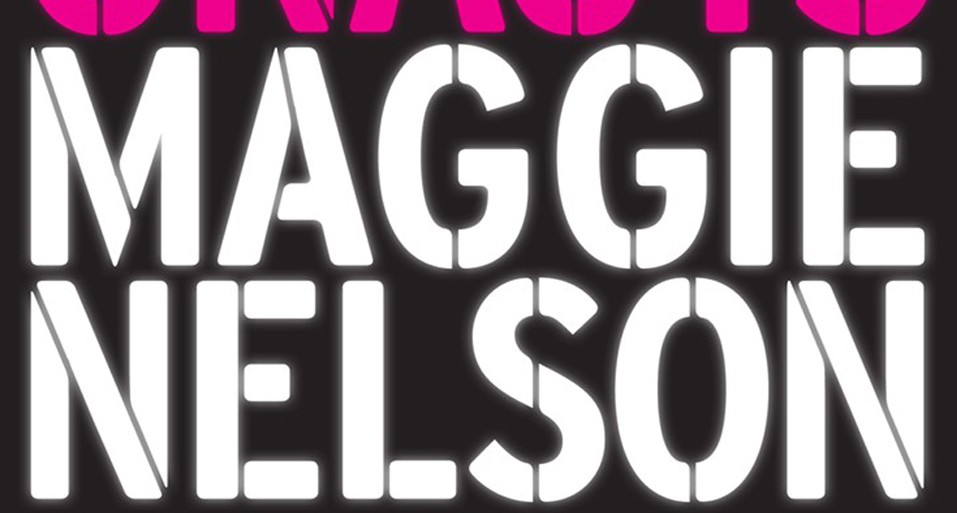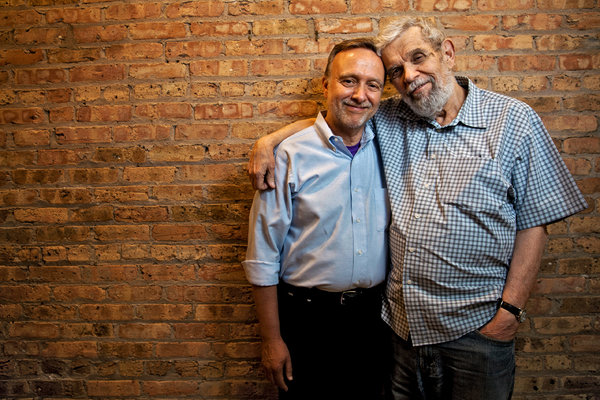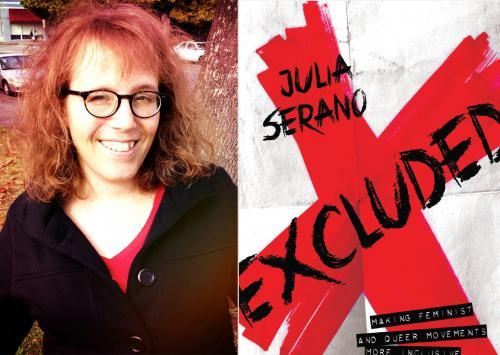IntraSpectrum Counseling reflects on the book Queer (In)Justice: The Criminalization of LGBT People in the United States by Joey L. Mogul, Andrea J. Ritchie, and Kay Whitlock. In this text, the authors investigate the legacy of homophobia and transphobia in the United States penal system. Often relying on graphic examples of abuse, the authors construct a compelling argument that the judicial system is inherently biased against LGBT individuals. After they trace the development of this prejudice in the United States legal system, they delve into “queer criminal archetypes” or stereotyped ideas that have been indoctrinated into America’s collective conscience. Some of the adverse and inaccurate portrayals they research include the “gleeful gay killer,” “the lethal lesbian,” and “deceptive gender benders.” By highlighting the sensationalized cases of Leopold & Loeb, Aileen Wuornos, and Ed Gein, the authors convey how these crimes were associated with the killers’ sexual orientations and/or gender identities; however, they also note that in cases of heterosexual killers like Ted Bundy, the media does not link their crimes to their sexualities. In this way, the authors effectively relay the social and ultimately, legal prejudices against persons who do not conform to gender and sexual norms.
Throughout the book, Mogul, Ritchie, and Whitlock examine other ways in which LGBT people receive unfair treatment: finding officers to be hostile to them even in situations where they have been victimized; being victimized by law officers themselves; obtaining harsher sentences by courts that perceive non-normative behaviors as perverted and dangerous; receiving more brutal treatment in prisons by other prisoners and guards as well as lacking resources to get assistance. As the writers relay the mistreatment of the LGBT population in each part of United States penal system, they also continually underscore the intersection of sexual and gender identities with race, religion, and immigrant status in an attempt to relay the additional biases someone of multiple minority statuses would face.
Queer (In)Justice is a riveting read; however, it is not for the faint of heart. The numerous graphic examples of violence against LGBT people are upsetting, and for anyone who has experienced a hate crime or abuse at the hands of a “peace” officer, the read may trigger difficult memories. However, the authors do not simply relay horrors, in their final chapter, “Over the Rainbow: Where Do We Go from Here?” they also include information about various grassroots organizations that have developed in response to the unfair treatment LGBT citizens receive at the hands of United States legal system, such as the Sylvia Rivera Law Project.
Please visit the following website for more information about this valuable resource: www.queerinjustice.com.
For the past twelve years, Robin Petrovic has been teaching English Composition, Literature, and Gender & Women Studies at the University of Illinois at Chicago, where she infuses Queer Theory into all of her courses. In 2011, Petrovic co-founded Gay4Good: Chicago, an inclusive LGBT volunteer organization that donates its time to social welfare and environmental service projects. As the literature blogger for IntraSpectrum Counseling, she reviews a variety of LGBTQ texts, so readers can easily find materials that match their interests and needs.





 Today, July 26th, is National Disability Independence Day. This annual commemoration marks the day in 1990 when the Americans with Disabilities Act (ADA) was signed into law. The ADA enshrined several crucial civil rights protections for individuals with disabilities, but it still falls short of its intended goals after over 30 years on the books.
Today, July 26th, is National Disability Independence Day. This annual commemoration marks the day in 1990 when the Americans with Disabilities Act (ADA) was signed into law. The ADA enshrined several crucial civil rights protections for individuals with disabilities, but it still falls short of its intended goals after over 30 years on the books.